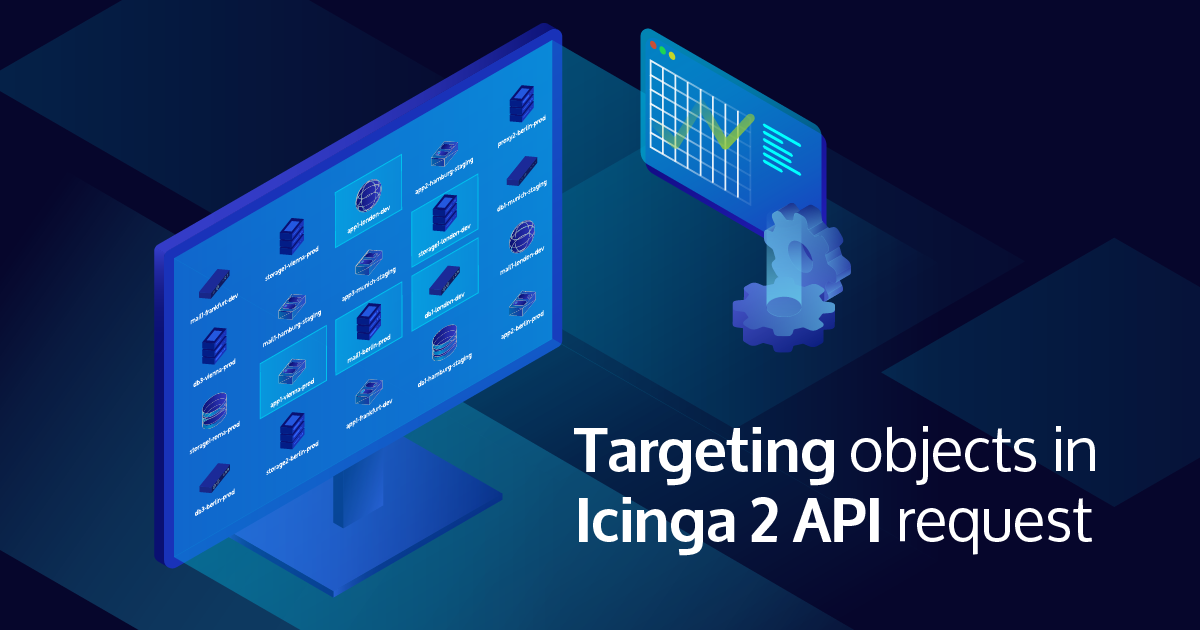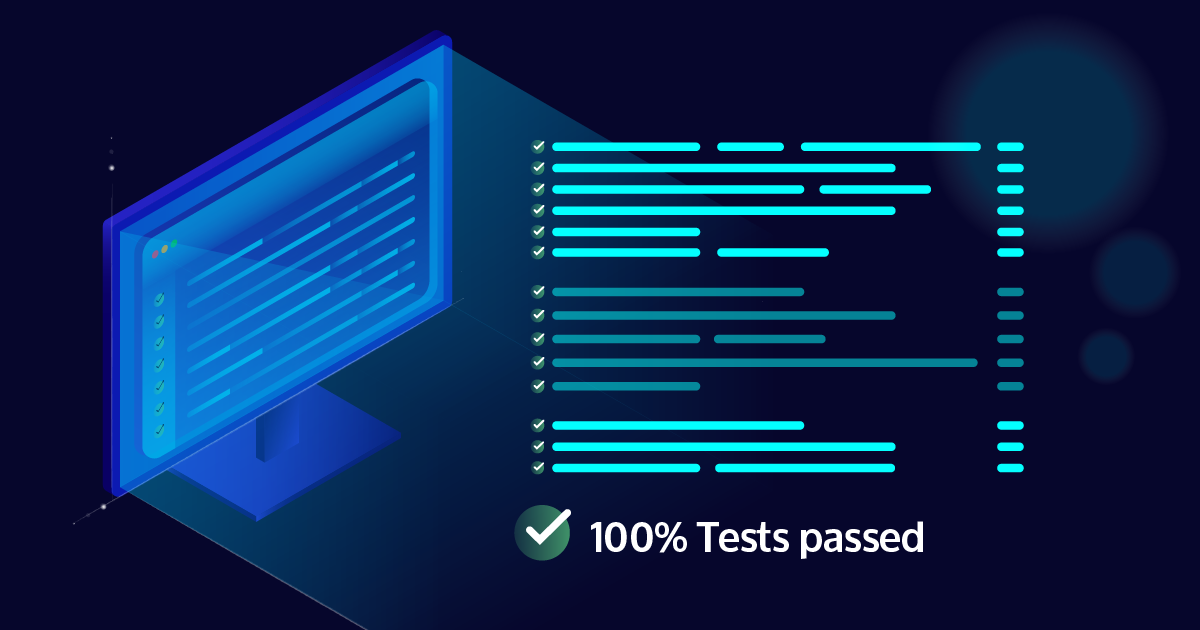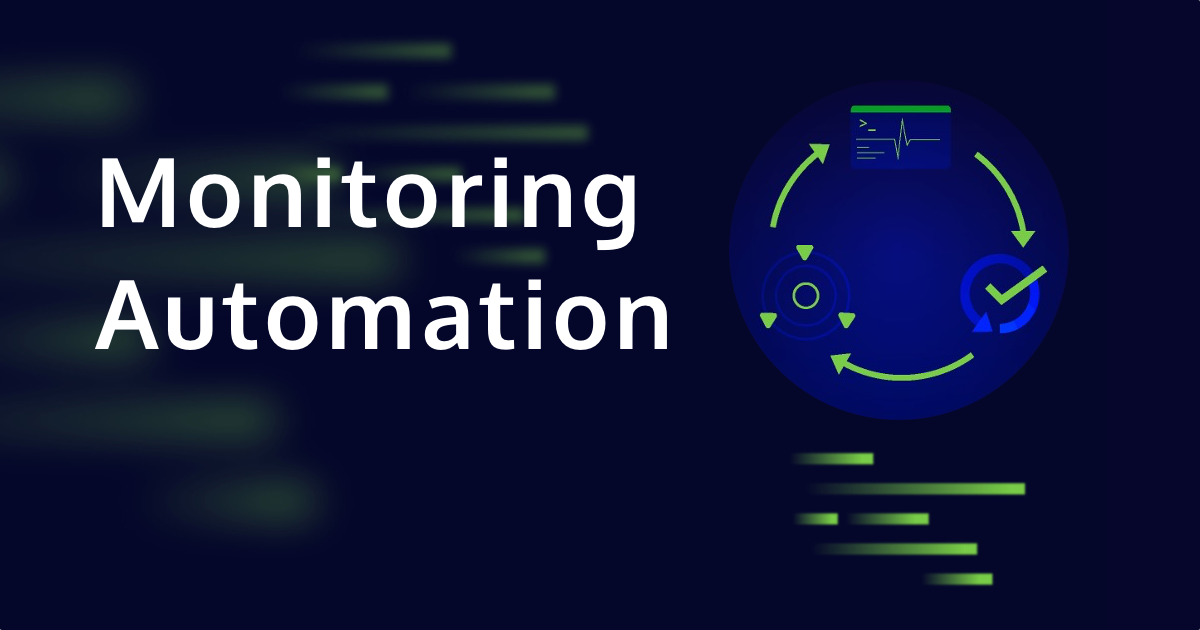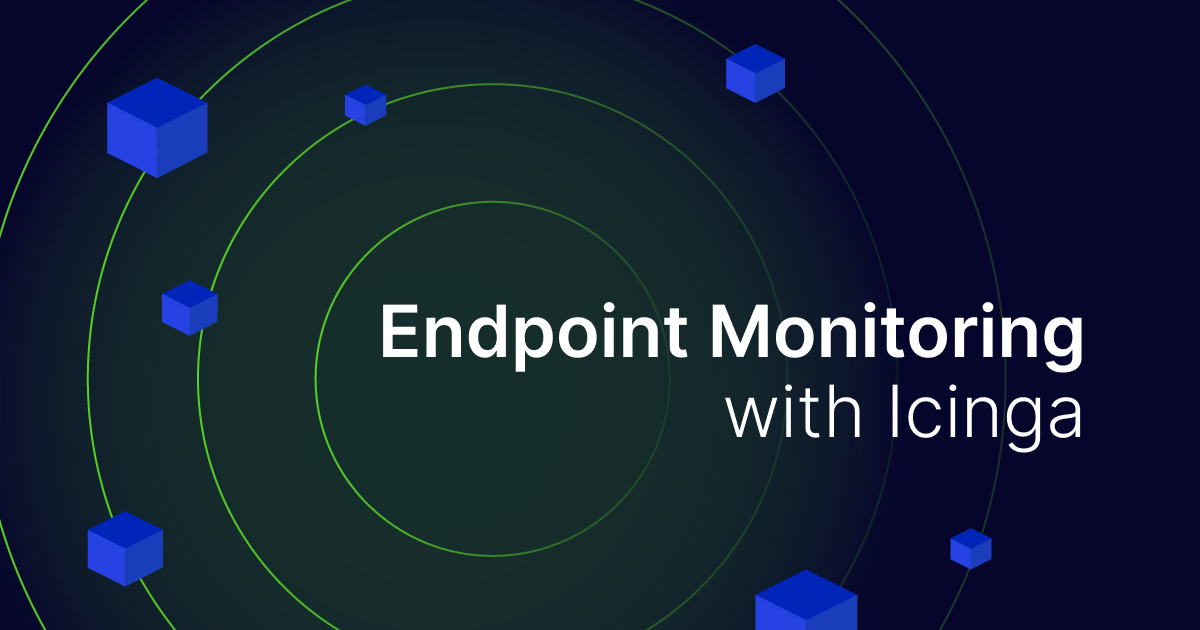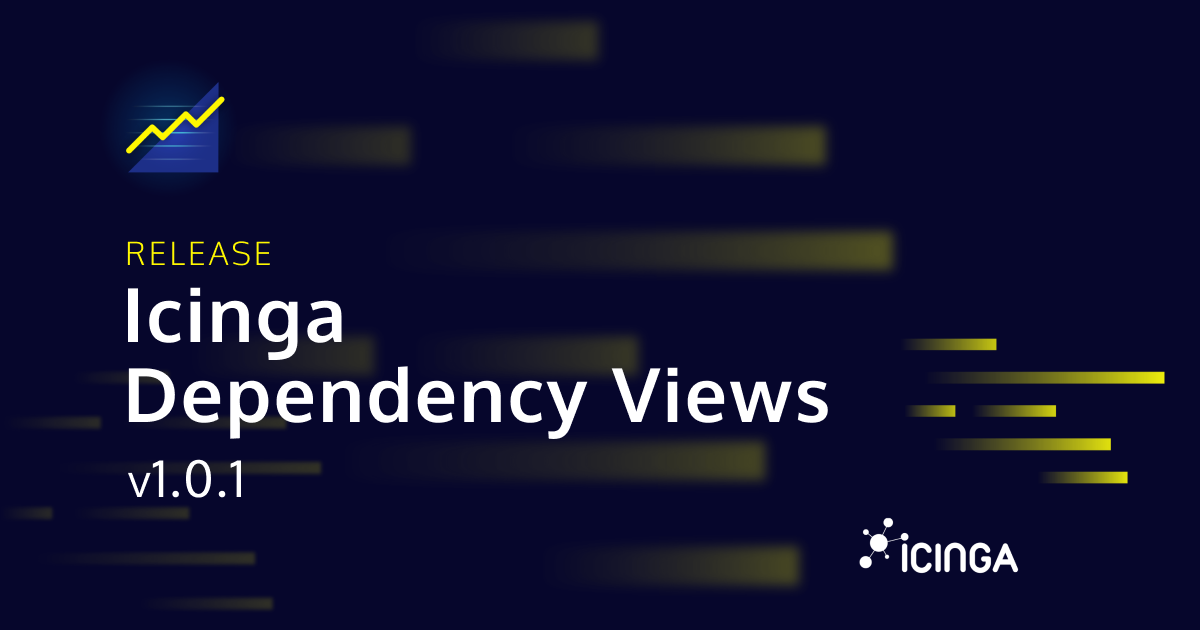Introduction This article explains how to integrate metrics from Prometheus into Icinga checks using the check_prometheus plugin. There can be multiple reasons why this could be desired: Maybe you...

Integrating Prometheus Metrics into Icinga Using check_prometheus
Introduction This article explains how to integrate metrics from Prometheus into Icinga checks using the check_prometheus plugin. There can be multiple reasons why this could be desired: Maybe you...
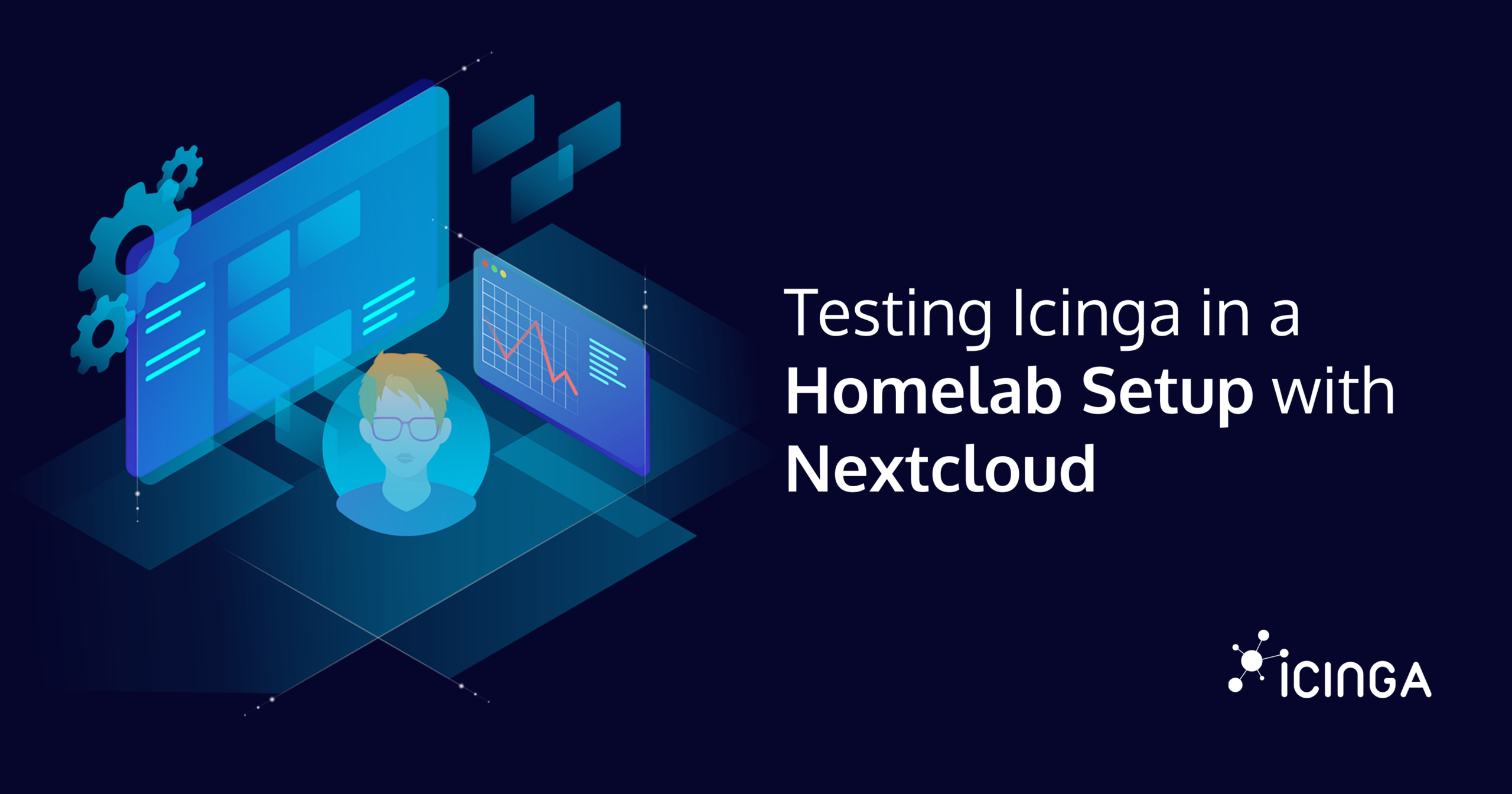
Testing Icinga in a Homelab Setup With Nextcloud
If you want to get started with Icinga but don’t have a data center lying around, no worries. Icinga is a lightweight monitoring tool that works for both large infrastructures and small home labs. When I first explored Icinga during my first year as an apprentice, it...

Icinga Insiders: Collaborating With Users to Improve Icinga Web
Icinga Insiders: How User Research Shapes the Future of Icinga Web Icinga Insiders is one of our core initiatives for involving users directly in the ongoing development of Icinga Web, its modules, and new functionality. Through structured research sessions, we gain...
Icinga Experience: Insights from Real-World Icinga Deployments Across Industries
Introduction Modern IT environments are hybrid, distributed, and constantly growing. To keep them reliable, organizations rely on monitoring that scales, automates, and integrates seamlessly into existing workflows. We collected 24 Icinga customer stories from...
Upgrade your monitoring lists with icon images
Recently I was importing an Icinga configuration for testing purposes. Working with this configuration, I found that there were icon images assigned to the objects. Sadly, those didn’t display, because I didn’t have the icon set installed. So I thought of creating my...
Targeting hosts and services in Icinga 2 API requests
Today, we are going to take a look at the Icinga 2 API and the various ways targets can be specified for different actions, such as querying information or scheduling downtimes. This post focuses on the API request payloads themselves and assumes some familiarity with...
Extending Unit-Testing on Icinga2
Unit-Testing is important Obviously nobody is disagreeing with this. It's just that during ongoing development and while focusing on features and bug-fixes, testing often falls behind in priority, especially when developers would need to write tests for existing or...
Mastering Service Configuration in Icinga Director
The Icinga Director configuration tool makes it easy to define monitoring objects through the web UI and deploy them to the Icinga 2 API. In this blog post, I’ll walk you through how to configure services in Icinga Director. If you haven't used Icinga Director yet,...
Icinga DB Web Automation
Icinga DB Web Automation allows you to automate monitoring tasks and integrate them directly into your systems and workflows. It is possible to issue command actions without a browser. To do so, a form needs to be submitted by a tool such as cUrl. Every request you...
Endpoint Monitoring with Icinga
Monitoring with Icinga primarily focuses on servers and infrastructure. But there are also the people operating these systems from their workstations and laptops. If a server can be accessed from a machine with an outdated operating system, the patch level of the...
Icinga Quality Time – Our Yearly Teamevent
Last week, it was that time again: our annual Icinga team event took place. Let’s get this out of the way first: yes, that’s the entire Icinga team in the photo. For some, it might be surprising how small we actually are. What you see here is the core team, the people...
Releasing Icinga Dependency Views 1.0.1
Today we’re announcing the availability of Icinga Dependency Views v1.0.1. Updated packages are available. In This Release Sometimes it feels like pure irony: you set up beautiful, custom views in Icinga; only to find they don’t show what you expect. Or worse, they...

Subscribe to our Newsletter
A monthly digest of the latest Icinga news, releases, articles and community topics.



